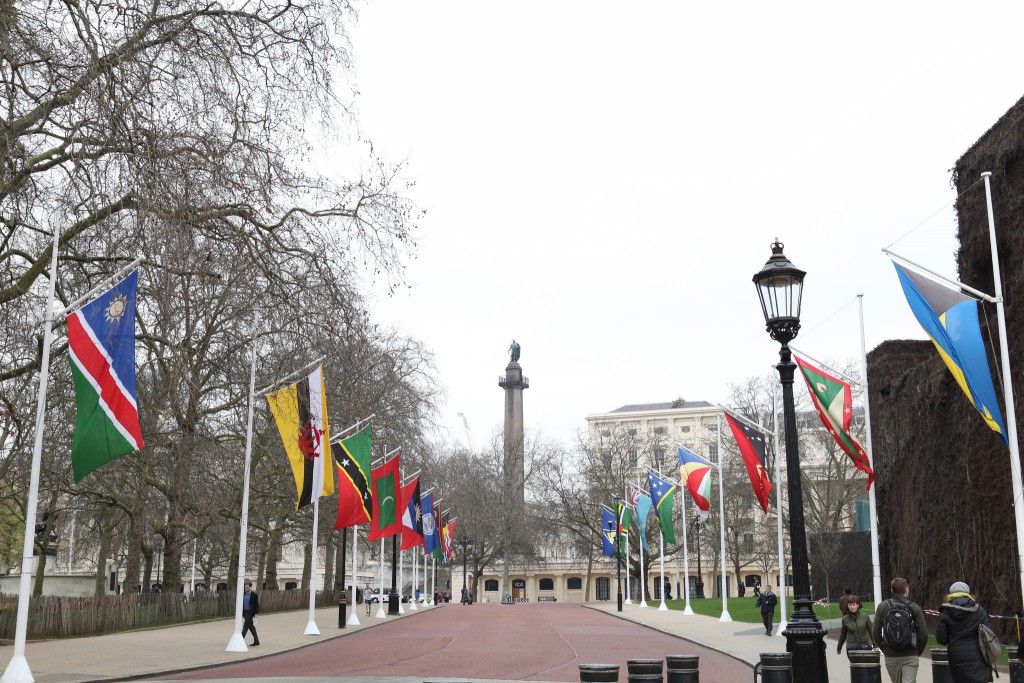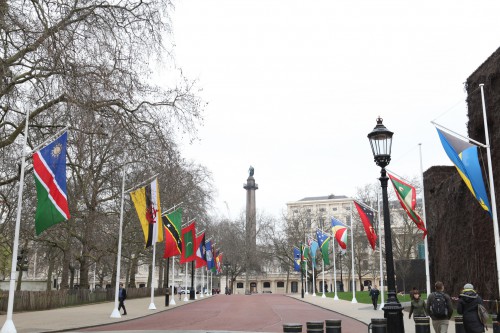30th September 2014
The Holy See and the Commonwealth


The Commonwealth and the Holy See represent the two largest soft power networks in the world today. The Commonwealth with its 53 countries, 2.2bn citizens, and common values as expressed in its Charter focused on democracy, equitable economic development, good governance, young people, human rights, and social progress. The Holy See as the central governance of a global Catholic network of 1.2 billion people, its work based on the values of the Gospel – human dignity, family, respect, the importance of young and old, reaching out to the poor and those on ‘the periphery’.
There should be real synergies. Pope Francis is focused on mission to the world beyond Europe. The Commonwealth Secretary General has called on the organisation to raise its global profile. However, it appears that the two organisations do not know each other, and have little formal or even informal contact across their networks. Yet over 140 million Commonwealth citizens are Catholic, there are resident Papal ambassadors in many Commonwealth countries, and around a fifth of the voting members of the College of Cardinals are from Commonwealth countries, as well as many important senior Holy See officials.
Seven Commonwealth countries have resident embassies to the Holy See (the UK, Ghana, Australia, Cyprus, Cameroon, Nigeria and Canada). Together, we have decided that we could do more. Although there may be historical reasons for the lack of mutual engagement, there is also so much common ground. Both are ‘transversal’ organisations, cutting across ethnicity, gender, social and class divisions, age, national borders, and political affiliation. Both are people-focused, with especial concern for the most vulnerable. And both seek to promote the common good through universal values via education, culture, dialogue and encounter across coalitions and partnerships. The Commonwealth’s own consensual governance style is also an attractive model of decision-making for the Holy See.
This commonality was confirmed by this week’s UN General Assembly in New York. After a joint meeting, Commonwealth heads of government issued a statement about the post-2015 international development agenda. Their conclusions align closely with Holy See views.
We believe that it’s about time the two networks started to know each other better.